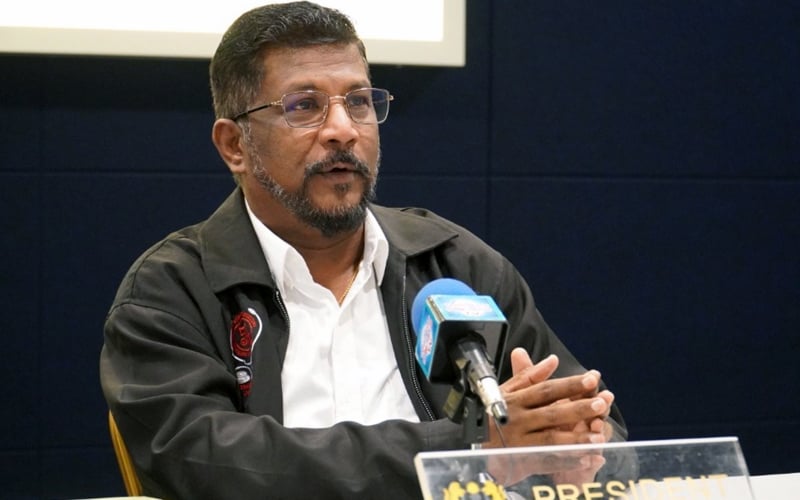
PETALING JAYA: The Malaysian Medical Association (MMA) recently called for reforms in the handling of medical procedures involving high-risk patients, after two high-profile suits were brought by patients against public hospitals.
In one case, a three-year-old child was paralysed after a Caesarean birth, while in another a four-year-old girl suffered irreparable brain damage, also at childbirth. Some RM13 million in compensation was ordered against the government.
FMT spoke to MMA President Dr Muruga Raj Rajathurai on proposed reforms for high-risk medical procedures.
Existing procedures
According to Muruga, the current practice is for the risks and potential complications of surgery to be explained in detail to patients prior to any procedure. Patients are allowed to seek clarification on any related matter before giving their consent. For children, informed consent is obtained from the parents.
Muruga said low to moderate-risk procedures may turn high-risk if complications arise.
Complications vs negligence
However, he said “complications” should not be confused with “negligence”.
Explaining the difference, he said a “complication” is an unintended event arising from a disease, health condition or treatment, which results in an unfavourable outcome.
He said when complications arise, the outcome may not allow the patient to revert to normal, especially if it involves neurological injury or damage to other organs.
On the other hand, medical negligence involves not meeting existing standards of competent medical care.
Proposed reforms
The MMA is pushing for reforms which involve mandatory mediation. The process aims to acknowledge the legitimate concerns of all parties while providing closure for doctors and patients in a timely manner.
Muruga says such a process is necessary as cases that go to court take a long time before they are resolved. The cost of care during this period could be costly, he added.
MMA is also proposing no-fault compensation as an alternative to litigation.
“Under a no-fault compensation (scheme), the lawyers of both sides (the patient and doctor/hospital) come to an agreement without assigning blame for the injury suffered to any particular party or to associate it with any particular reason.
“However, the injury has to be managed, (and) if the parties agree to mediate, fair compensation can be worked out by both parties,” said Muruga. He said this would avoid a lengthy court process which may not guarantee a good outcome for the patient.
Muruga said that once compensation has been agreed upon by all parties, the doctor’s or the hospital’s insurers, depending on who is responsible, will pay compensation to the patient.
If the insurer does not agree to pay the compensation, the dispute will be left to be resolved according to the court process.
Muruga says the proposed reforms do not absolve a doctor or organisation of any accountability as there are existing laws and mechanisms to ensure the rights of patients are protected and that healthcare providers are held to the highest standards. - FMT



No comments:
Post a Comment
Note: Only a member of this blog may post a comment.